ban
Latest
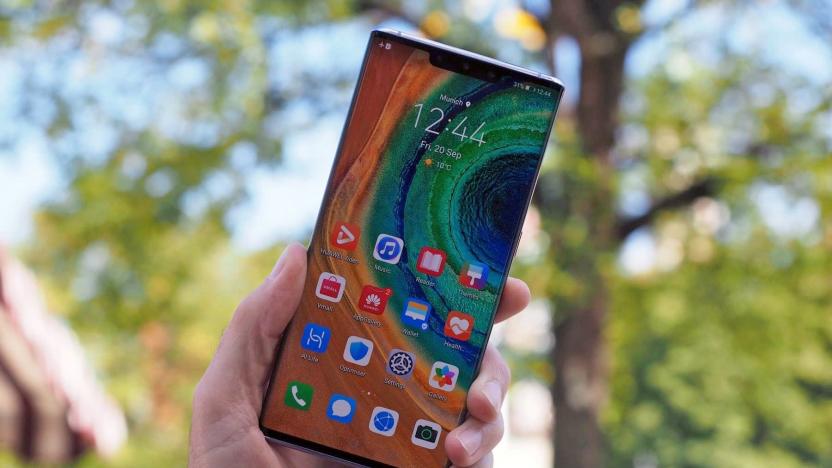
Google fully explains why its apps aren't on new Huawei phones
Since last spring, the government's entity list ban against Huawei (and ZTE) has largely prevented US companies from working with them. Despite legal wrangling and trade negotiations between the two countries the ban is still in place, and in the case of Google, it means that while there are still updates and services available on older devices, any new Huawei phones (like the Mate 30 Pro, shown above) don't have access to its services. This has been the case for months now, but today Google posted a longer explanation, which it said was in response to continued questions about the issue. For end users, especially those outside the US and China, it might not be immediately clear why the usual suite of Google apps and services aren't on new Huawei phones and now there's at least a detailed official explanation to reference. It could also serve the purpose of warning off anyone planning on making a workaround available, like the LZ Play one that was blocked last year. Android & Play legal director Tristan Ostrowski also laid out the company's opposition to people sideloading its apps. According to him it's because Google can't certify new Huawei phones, due to the ban, and cited the risk of compromised security either in the devices or via an app that has been tampered with. While Huawei had hinted at replacing Android with its own OS, it's continuing to use Android, and replaced Google services with those of other companies like TomTom, for maps and navigation.

UK brings forward its ban on new petrol and diesel cars to 2035
The UK is bringing forward its ban on the sale of fossil fuel cars by five years. Originally, legislation stipulated that the sale of petrol and diesel would be banned by 2040. Now that date has been pulled forward to 2035, with Prime Minister Boris Johnson saying the ban would come into effect even earlier, if possible.

Twitter's anti-spam rules foiled Planters' Super Bowl stunt
Planters is learning that there is such a thing as being too thirsty for social media stardom. Twitter has suspended three accounts tied to Baby Nut, the resurrected Mr. Peanut mascot that made his debut during the Super Bowl, for violating policies against spam and platform manipulation. The Kraft Heinz-owned brand was trying very, very hard to go viral, with its main @MrPeanut account retweeting the three as they shared memes shortly after Baby Nut made his appearance. The problem, as you might guess, was that this echoed the sort of coordinated behavior Twitter has banned in the past -- it just involved snacks.
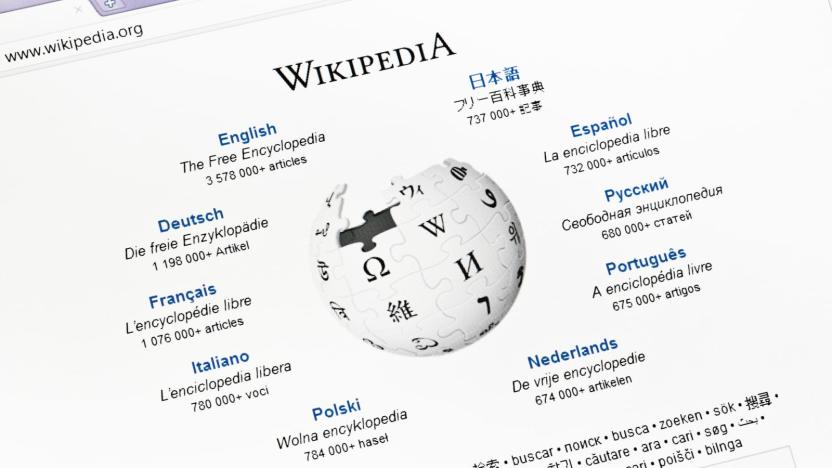
Wikipedia comes back online in Turkey after multi-year ban
Access to Wikipedia in Turkey has been restored after a nearly three-year ban, which saw the site blocked after it refused to remove content tying the country to terrorist groups. The ban, which was imposed by Turkey in April 2017, came about after it concluded that Wikipedia was running a "smear campaign" against the government. It subsequently leveraged a law that permits the banning of any website deemed a national security threat.
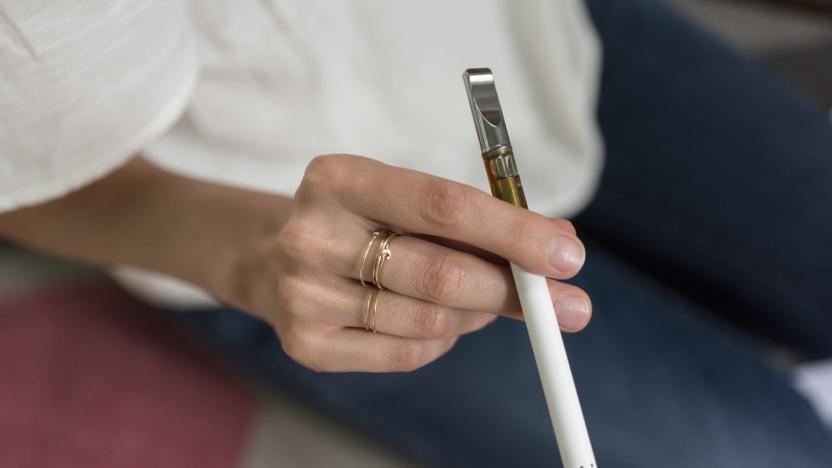
FDA bans production, sale of fruit- and mint-flavored vape pods
Today, the FDA officially banned most fruit- and mint-flavored, cartridge-based vaping products. The new rules are yet another attempt to curb teen vaping. Companies that manufacture, sell and distribute such products have 30 days to comply.
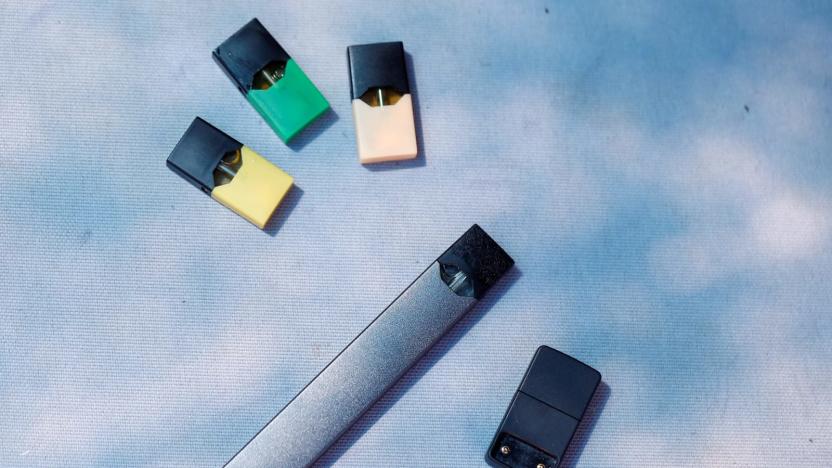
WSJ: FDA vape ban will target fruit flavored pods
A few days ago, the FDA officially raised the minimum age of sale for tobacco products from 18 to 21, and according to a Wall Street Journal report, it's close to announcing a new set of restrictions specifically for e-cigarettes. In a move that is supposed to address teen vaping by targeting products they're interested in, the new rules will reportedly apply only to pod-based vaporizers, like Juul or NJOY, and remove any flavors from sale other than tobacco or menthol. In anticipation of the ban, Juul stopped selling sweet fruit-flavored pods -- that represented a significant part of its business -- in October, and pulled mint flavors in November. The WSJ report suggests that meeting at this point represents a compromise between the Trump administration and the tobacco industry, avoiding a wider ban on all flavored vapes -- that had been suggested -- ahead of the 2020 election. It would also avoid banning flavors in "open-tank" systems that allow people to mix their own flavors.

Wikipedia wins its battle against censorship in Turkey
Two years ago, Turkey banned Wikipedia after the site refused to remove content tying the country to terrorist groups. That decision was reversed today in the nation's highest court, which called the ruling a violation of freedom of expression, and ordered the site to be unblocked. The timeframe isn't clear, but it's likely that Turkish citizens will soon be able to access the community-powered encyclopedia.

NYT: Trump admin set to extend Huawei license again
In May, the US Commerce Department added Huawei to the "Entity List," banning US companies from doing business with it unless they have a special license. Since then it has extended temporary licenses for existing customers, like mobile phone users and rural telecoms that use its equipment. The most recent extension is set to expire next week, but the New York Times reports the Trump administration is set to extend it a third time, for a length of time that is unknown. This deadline is arriving against the backdrop of negotiation over trade between the US and Chinese government, and the report also indicates that the administration is considering "product specific" licenses that would allow some companies to keep supplying Huawei.

Juul stops selling its fruit-flavored vape products
Today, Juul announced that it's suspending the sale of its fruit-flavored vape products in the US. It will no longer sell its mango, creme, fruit and cucumber varieties. The decision comes as the Trump administration is preparing to ban flavored e-cigs in an attempt to curb teen vaping and as the CDC continues to search for the cause of a vaping-related lung illness.
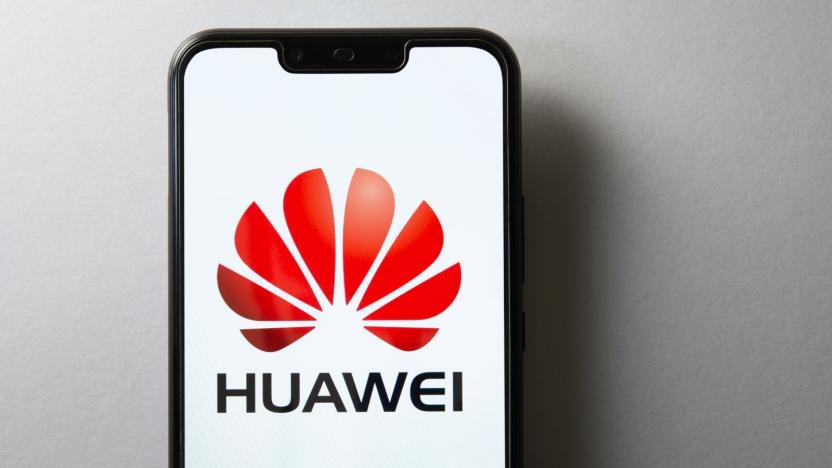
Huawei reports increased sales despite US sanctions
Huawei's latest quarterly results show that the Chinese company is doing just fine, despite ongoing trade issues with America. Third-quarter revenue is up 24.4 percent on the same period last year, while the company says it has shipped more than 185 million smartphones in the first three quarters of 2019, up 26 percent year-on-year.
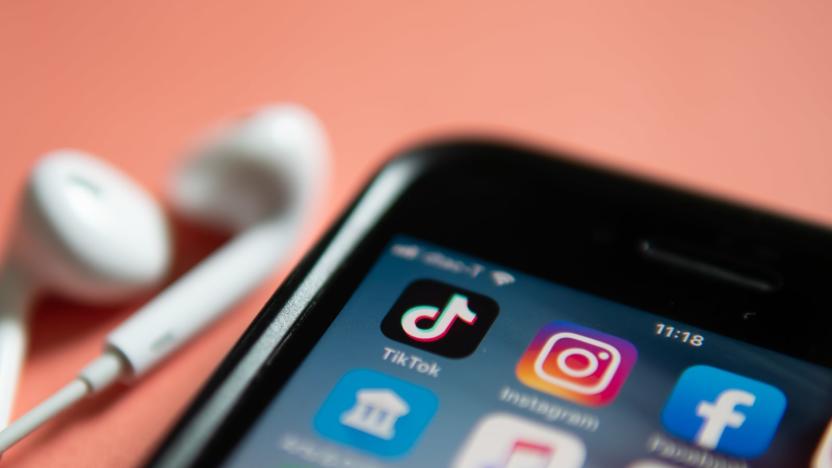
TikTok opts out of paid political advertising entirely
While other social networks grapple with complex issues of political speech, growing video platform TikTok has decided not to allow political ads of any kind. We'll have to see how that ban works in practice, as the company's list of disallowed material includes "paid ads that promote or oppose a candidate, current leader, political party or group, or issue at the federal, state, or local level – including election-related ads, advocacy ads, or issue ads." The Beijing-based app said in a statement that "the nature" of political ads don't fit its experience. As TechCrunch notes, it may not have the infrastructure to develop a verification system of the type that Facebook has built to try and manage political advertising, and notes that this statement reiterates the company's existing advertising policy. But the bigger it gets, the more people will ask questions about how censorship, moderation and politics play into the platform's decisions, and now there's a clear statement on at least one angle of its approach.

Massachusetts temporarily bans vaping products amid health crisis
Following a spate of vaping illnesses and deaths, Massachusetts has become the first state to do a full ban on vaping products. Governor Charlie Baker declared a public health emergency and said that both flavored and non-flavored vaping products -- made with nicotine and marijuana -- would be temporarily prohibited from sale for a period of four months. "[We] need to pause sales in order for our medical experts to collect more information about what is driving these life threatening vaping-related illnesses," he said at a press conference.
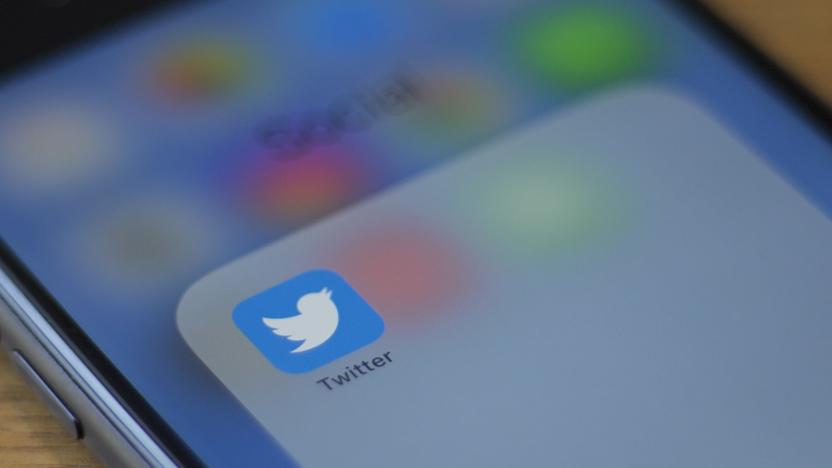
Twitter bans thousands of state-backed accounts spreading misinformation
Twitter has suspended thousands of accounts linked with state-backed misinformation campaigns. In a transparency report shared today, Twitter says it removed 4,248 accounts from the United Arab Emirates (UAE), 273 accounts from the UAE and Egypt, 1,019 accounts based in Ecuador, 265 accounts from Spain and six accounts from Saudi Arabia. It also released more data on 4,301 of the 200,000 accounts from China and Hong Kong that were suspended for stoking unrest around the Hong Kong protests.
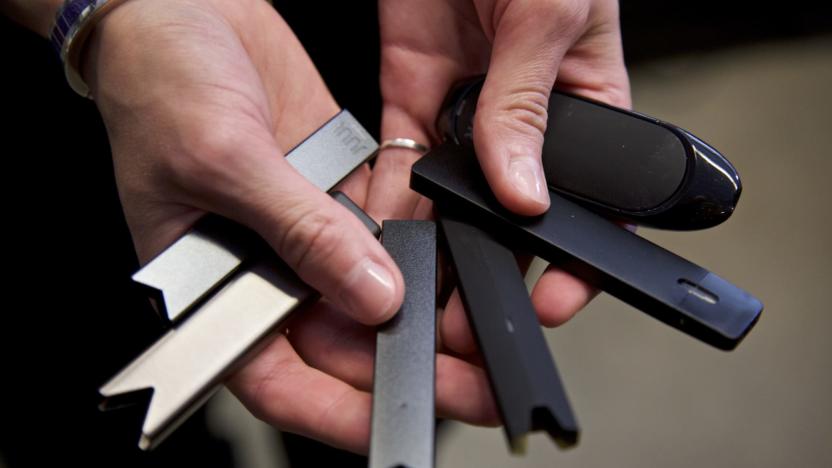
Chinese retailers abruptly stop selling Juul e-cigarettes
It appears Juul's fortunes are about to get even worse. Bloomberg reports retailers in China have pulled the company's products just one week after they became available within the country. Citing a "person familiar with the matter," the publication says Juul wasn't told why its e-cigarettes and nicotine pods were removed from both physical and online stores, making it unclear whether the ongoing trade war between the US and China was a factor.

New York state bans sales of flavored e-cigarettes
New York isn't waiting for the federal government to take action on teen vaping. Governor Andrew Cuomo has announced an "emergency executive action" that will ban sales of flavored e-cigarettes. The move will see the state Department of Health's Commissioner hold an urgent meeting with the Public Health and Health Planning Council to implement the ban. E-cig makers and stores are "intentionally and recklessly" trying to court a younger audience, Cuomo claimed, and this would theoretically put a stop to the behavior.
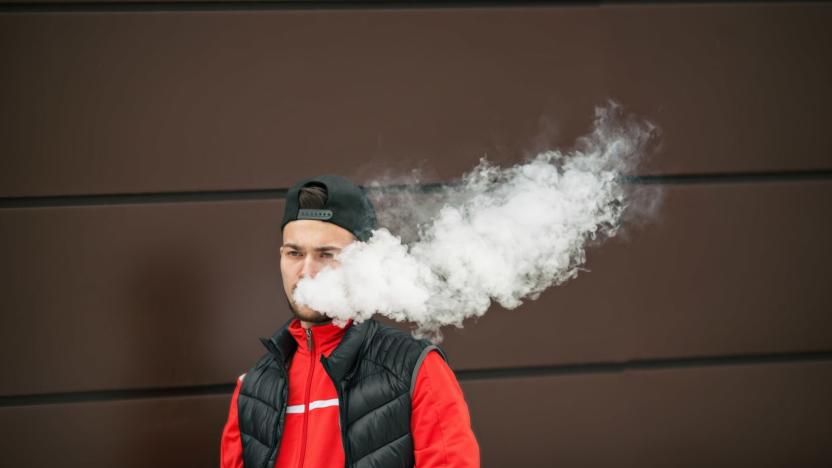
The Trump administration plans to ban flavored e-cigs to curb teen vaping
The Trump administration announced today that it may ban the sale of most flavored e-cigarettes in an attempt to curb teen vaping, The New York Times reports. In a press release, the Department of Health and Human Services (HHS) shared that the FDA plans to finalize a policy to remove most non-tobacco-flavored e-cigs from the market. The FDA is expected to share specifics on the plan in the coming weeks.

The UK may ban all watches during exams to prevent cheating
The UK will consider banning all watches from school exams in an attempt to prevent cheating. An independent commission hired to investigate exam malpractice says it's too difficult to distinguish between regular and smartwatches, and it's impractical to ask proctors (or invigilators) to check every student's watch. A sweeping ban, the commission says, would be more appropriate.
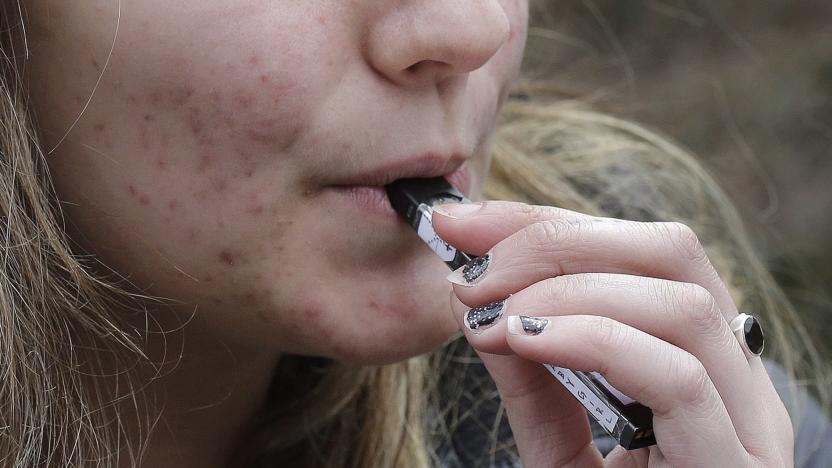
Michigan is the first state to ban flavored e-cigarettes
Michigan governor Gretchen Whitmer announced today that the state will ban the sale of flavored e-cigarettes in an attempt to curb youth vaping, which the US surgeon general calls an "epidemic." While cities such as San Francisco have recently put similar restrictions in place, Michigan is the first state to declare a ban.
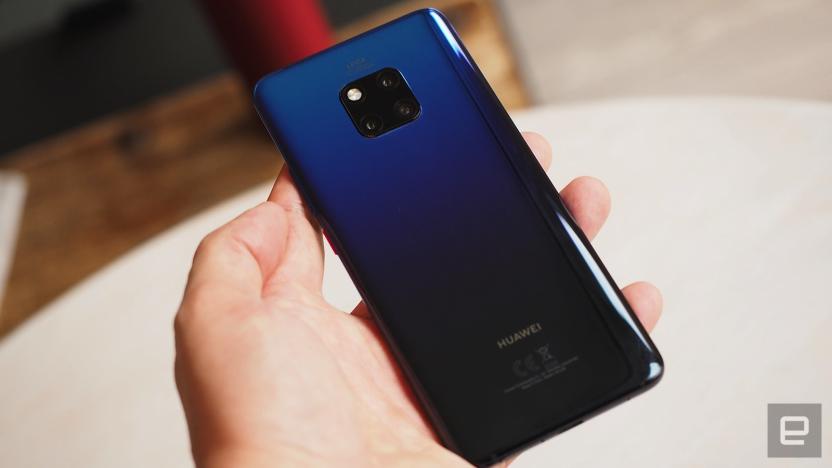
Huawei's flagship Mate 30 arrives on September 19th
Huawei will unveil its flagship Mate 30 smartphone in Munich, Germany on September 19th, it has confirmed in a tweet and short video. The tagline "Rethink Possibilities" sounds very appropriate, as the company reportedly won't be able to sell the device with Google's official Android OS and services like the Play Store, Maps and YouTube. That's due to the fact that US companies are currently banned from doing business with Huawei.
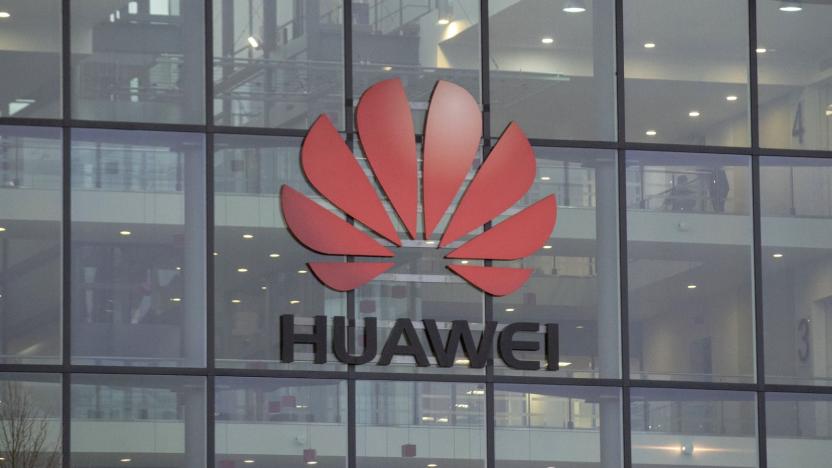
Huawei's Mate 30 may launch without the Play Store and Google apps
Huawei is pushing ahead with the launch of its new Mate 30 smartphones, even though they won't come with Google's official Android operating system, and by extension, popular apps such as Maps, Search and YouTube.






